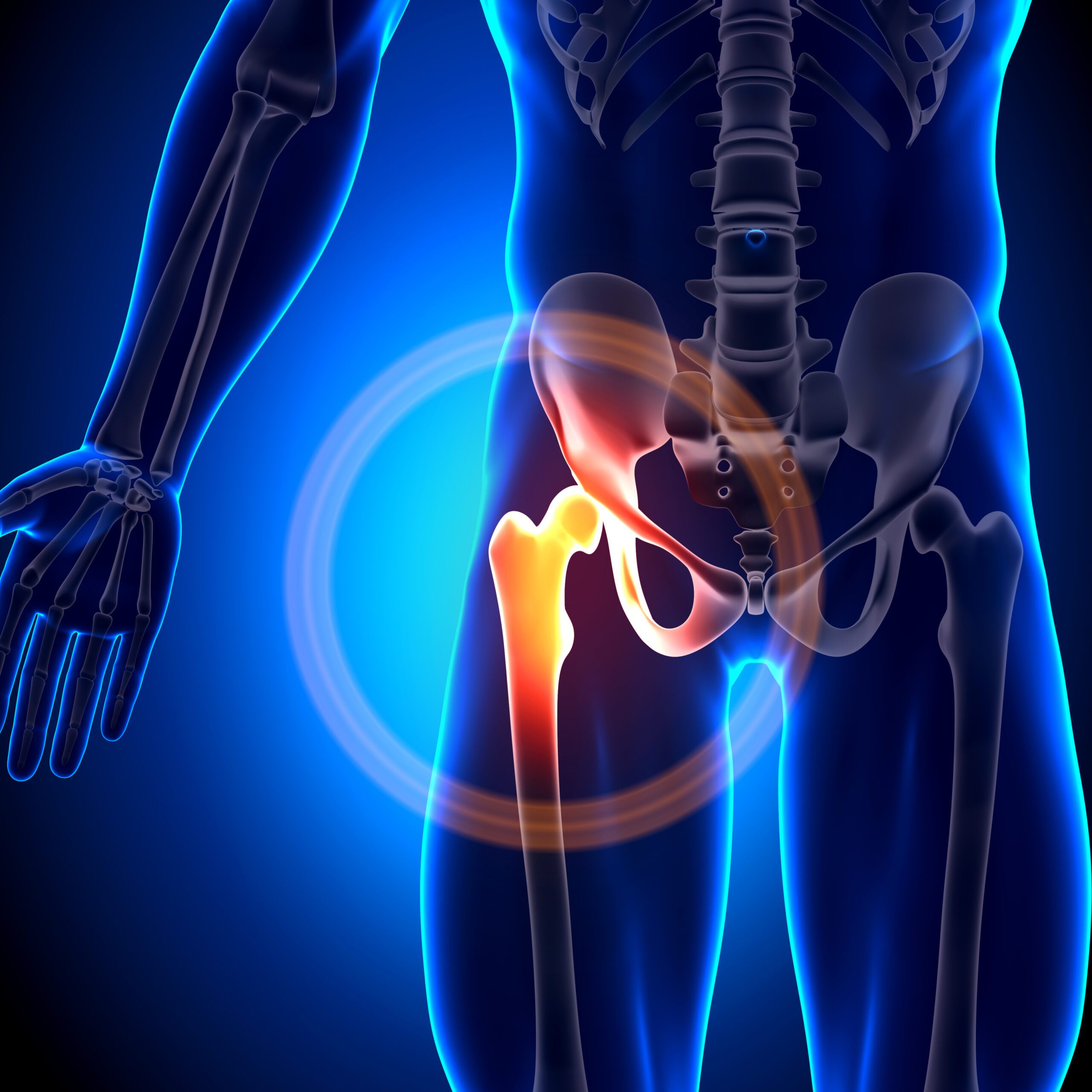Did You Know That You Can Get Hip Pain Relief With Neuromuscular Reeducation?
March 14, 2023
 559
559 
Neuromuscular reeducation for the hip is a technique that involves using exercises and movements to retrain the nerves and muscles around the hip joint to function properly. This technique can be helpful for people who have hip pain or dysfunction due to an injury, surgery, or other underlying conditions.
The goal of neuromuscular reeducation for the hip is to improve the communication and coordination between the muscles and nerves, as well as to enhance the overall stability and control of the hip joint. This can involve a variety of exercises, including stretching, strengthening, and balance training.
A physical therapist or healthcare professional may use various tools and techniques to assist with neuromuscular reeducation for the hip, such as biofeedback devices or visual cues to help the patient better understand how to activate specific muscles. This type of therapy can be helpful in reducing hip pain, improving range of motion, and restoring overall function to the hip joint.
Neuromuscular reeducation is a highly effective technique that can be used to relieve hip pain and improve hip function. The technique involves retraining the muscles and nerves around the hip joint to function properly, using targeted exercises and movements. This technique is often used in physical therapy, rehabilitation, and sports medicine settings to help people recover from hip injuries, surgery, or chronic hip pain.
One of the key benefits of neuromuscular reeducation is that it can help address underlying imbalances and weaknesses in the muscles and nerves around the hip. These imbalances and weaknesses can often contribute to hip pain and dysfunction, and can be difficult to address using traditional approaches like medication or surgery. Neuromuscular reeducation, however, can be highly effective in correcting these issues and improving overall hip function.
Another benefit of neuromuscular reeducation is that it is a non-invasive and non-pharmacological approach to treating hip pain. This means that it can be a safer and more sustainable approach for people who are unable or unwilling to undergo more invasive treatments like surgery or long-term medication use.
Overall, neuromuscular reeducation is a highly effective technique for achieving hip pain relief and improving hip function. It can be used in a variety of settings, including physical therapy, rehabilitation, and sports medicine, and is often recommended for people who are struggling with chronic hip pain or recovering from a hip injury or surgery. By addressing underlying imbalances and weaknesses in the muscles and nerves around the hip, neuromuscular reeducation can help people improve their overall hip function and quality of life.

A new study suggests that a widely used sugar substitute found in diet sodas, chewing gum, and low-sugar yogurt may elevate insulin levels. This could increase the long-term risk of heart disease. “Artificial sweeteners have infiltrated nearly all types of food, making it crucial to understand their long-term health effects,” said Yihai Cao, senior author […]

Diet Coke has long been a fan-favorite among soda lovers who want a fizzy, guilt-free alternative to traditional soft drinks. While its zero-calorie, zero-sugar label makes it seem like a healthier option, the reality is far more concerning. Despite its undeniable popularity, Diet Coke’s nutritional profile has raised red flags among health experts for years. […]

New study shows that embracing an anti-inflammatory, plant-forward diet can support cognitive function and help reduce the risk of dementia. What You Eat Shapes Your Brain The food you eat doesn’t just impact your body—it also affects your brain. Research suggests that eating an anti-inflammatory, plant-based diet can help improve memory, focus, and overall brain […]